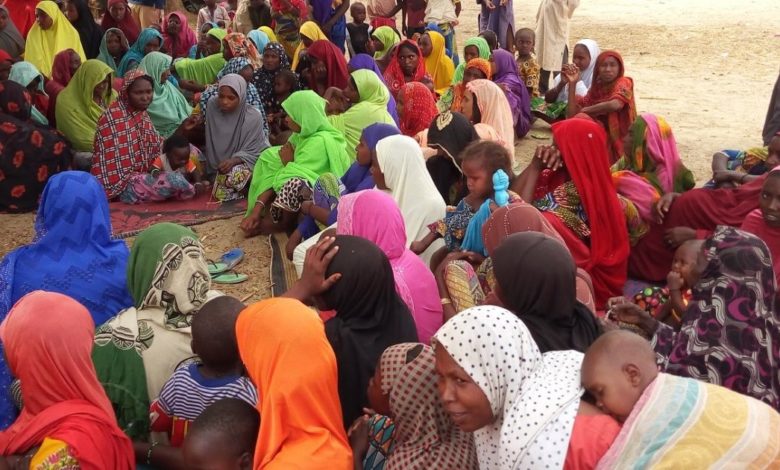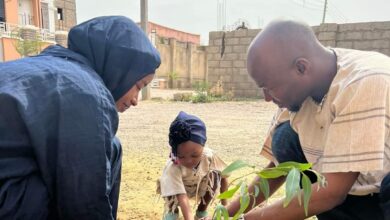ECHO: 1.2 Million Vulnerable People Unable To Access Aid In North East

Around 1.2 million vulnerable people affected by insurgency in Northeast Nigeria have not been able to access humanitarian aid, according to a report by the European Civil Protection and Humanitarian Aid Operations (ECHO).
The group stated that the ongoing conflict, threat of attacks and the restriction of movement by the military had caused great hindrances in delivering crucial assistance required, especially with the additional threat posed by the COVID-19 pandemic.
According to ECHO, there are 10.6 million people requiring life-saving assistance, with chronic child malnutrition at ‘emergency levels’.
A majority of these people who fled were forced to settle in over-congested camps, and rely on support from local communities, authorities and humanitarian organisations, the report said.
“Overcrowding brings with it cyclical epidemic outbreaks, rampant fires, and an increased risk of sexual and gender-based violence. It is nearly impossible to enforce physical distancing in these settings, a crucial measure to prevent the spread of coronavirus,” the report added.
A sum of 285 million euros has been allocated by the European Union (EU) since 2014, with 42.6 million euros in funding provided in 2020 to assist those affected by insurgency in the country.
The aid provided with these funds include food aid, shelter, access to clean water, hygiene and basic healthcare.
“The EU currently funds food assistance in the form of cash transfers, vouchers and food rations for families, ready-to-use therapeutic food, and essential medicines to treat severely malnourished children,” the report stated.
An additional nine million euros also allocated in response to the COVD-19 pandemic, with the EU and the United Nations World Food Programme collaborating on transporting 52 tonnes of medical equipment and health supplies via three EU Humanitarian Air Bridge flights.
Community-based services will also provide women and children, including victims of sexual violence, psychological support as well helping former child soldiers released by the terrorist groups a chance to reintegrate into society and in addition, provide school supplies to give vulnerable children exposed to insurgency and the pandemic a basic education.
“Beyond trying to meet immediate humanitarian needs, joint efforts with development partners are required to help build long-term resilience.
“As part of its projects supporting development, the EU funds programmes on education and on helping people become independent of humanitarian assistance,” the report added.
Support Our Journalism
There are millions of ordinary people affected by conflict in Africa whose stories are missing in the mainstream media. HumAngle is determined to tell those challenging and under-reported stories, hoping that the people impacted by these conflicts will find the safety and security they deserve.
To ensure that we continue to provide public service coverage, we have a small favour to ask you. We want you to be part of our journalistic endeavour by contributing a token to us.
Your donation will further promote a robust, free, and independent media.
Donate Here




